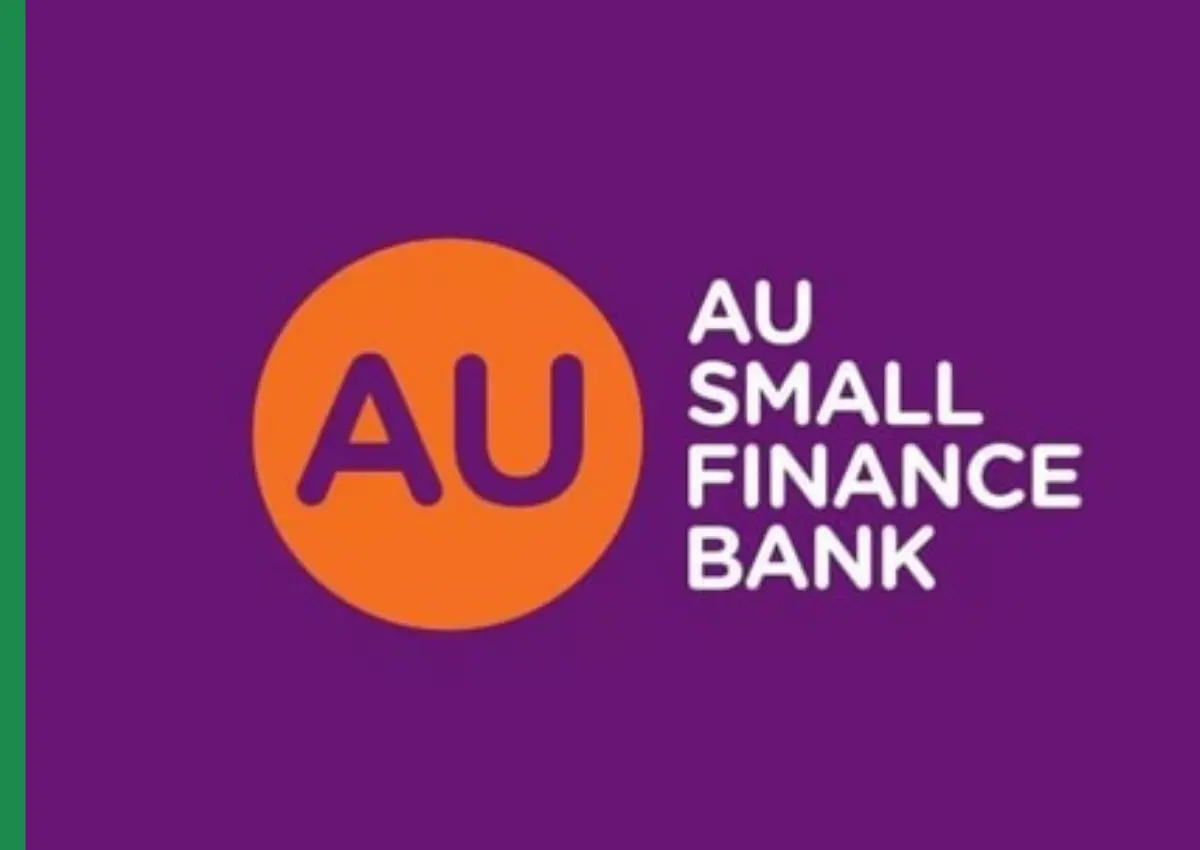This should be a historic change in the Indian banking industry, as the Reserve Bank of India (RBI) has given in-principle consent to the AU Small Finance Bank to convert itself into a Universal Bank in the country. This permission, which was declared on August 7, 2025, is the first such license since 2014 when Bandhan Bank and IDFC (which became IDFC First Bank) got the same authorization.
The Journey from Vehicle Financing to Universal Banking
The story of transformation started in 1996 when Sanjay Agarwal founded a vehicle financing company in Jaipur, Rajasthan, namely AU Small Finance Bank, with a specific focus on underserved populations. This firm later morphed into AU Financiers, a non-banking finance company, prior to being granted one of the initial 10 Small Finance Bank licenses in 2015 and becoming an SFB in 2017.
The secret between AU and its competitors is its peculiar background. Although four of the first 10 established SFBs were microfinance organizations, AU and Capital Local Area Bank were some notable exceptions that introduced variety in the small finance banking sector as far as operation experience is concerned.
Market Leadership and Financial Performance
AU Small Finance Bank has established itself as the undisputed leader in the SFB space, commanding approximately 40% market share with a total business of ₹2.40 trillion. This dominant position reflects the bank’s strategic execution and customer-focused approach over the past eight years.
The bank’s growth trajectory has been remarkable. From FY18 to the current period, AU’s loan book expanded from ₹13,413 crore to ₹1.09 trillion, while deposits surged from ₹7,923 crore to ₹1.24 trillion. This exponential growth demonstrates the bank’s ability to scale operations while maintaining regulatory compliance and asset quality standards.
Meeting RBI’s Stringent Eligibility Criteria
The transition from SFB to Universal Bank status requires meeting several stringent criteria established by the RBI in April 2024. AU Small Finance Bank successfully satisfied all requirements, including maintaining a satisfactory performance track record for at least five years, being listed on stock exchanges, and maintaining a minimum net worth of ₹1,000 crore.
Additionally, the bank maintained Gross Non-Performing Assets (GNPA) and Net Non-Performing Assets (NNPA) at or below 3% and 1%, respectively, over the last two financial years, demonstrating robust risk management capabilities.
The application process began with board approval on July 25, 2024, followed by the formal application submission to RBI on September 3, 2024. The swift regulatory approval reflects both AU’s preparedness and the RBI’s confidence in the bank’s operational capabilities.
Strategic Advantages of Universal Banking Status
The transition to universal banking status unlocks numerous strategic advantages for AU Small Finance Bank. Most significantly, the removal of the ‘Small Finance Bank’ tag will enable the institution to reduce deposit costs, as the SFB designation often carried higher funding costs due to perceived limitations.
Priority Sector Lending (PSL) requirements represent another major benefit. While SFBs must allocate 60% of their lending to priority sectors (reduced from 75% in the previous financial year), universal banks need only maintain 40% PSL exposure. AU’s current PSL portfolio stands at 80%, providing substantial room for reallocation toward mid-corporate lending segments that offer attractive yields of approximately 12%.
This regulatory flexibility will allow AU to diversify its revenue streams and pursue higher-yielding opportunities in the corporate banking segment while maintaining its commitment to financial inclusion.
Competitive Positioning and Market Dynamics
AU Small Finance Bank’s approval comes at a time when two other SFBs—Ujjivan SFB and Jana SFB—have also applied for universal banking licenses. However, AU’s first-mover advantage, combined with its superior scale and diversified portfolio, positions it favorably in the competitive landscape.
The bank’s strategic acquisition of Bangalore-based Fincare SFB in April 2024 marked the first consolidation in the SFB space. Importantly, even after this acquisition, AU maintained its microloan exposure below 10% of its total portfolio, a prudent strategy given the current headwinds facing the microfinance sector.
Industry analysts highlight AU’s relatively low exposure to unsecured loans as a key strength, particularly in the current economic environment where asset quality concerns are paramount across the banking sector.
Future Growth Opportunities and Strategic Direction
The universal banking license opens multiple growth avenues for AU Small Finance Bank. The institution can now serve corporate clients comprehensively, offering a full spectrum of banking products and services, including trade finance, treasury operations, and sophisticated cash management solutions.
According to MD & CEO Sanjay Agarwal, this approval acknowledges not just the bank’s ability to grow, but to grow responsibly. The transition represents “AU’s evolution into a complete bank, one that offers a full spectrum of banking products and services,” reinforcing the institution’s commitment to both expansion and financial inclusion.
The bank’s robust business model, sound governance framework, and proven track record of serving diverse customer segments provide a solid foundation for leveraging universal banking capabilities.
Implications for India’s Banking Sector
AU Small Finance Bank’s transition sets an important precedent for the Indian banking sector. After an 11-year gap, this approval demonstrates the RBI’s confidence in the SFB model’s evolution and maturity. It validates the regulatory framework’s effectiveness in nurturing specialized financial institutions toward broader banking capabilities.
The success of AU’s transition may encourage other SFBs to pursue similar paths, potentially leading to consolidation and strengthening within the small finance banking segment. This evolution aligns with the RBI’s broader objectives of creating a more robust and diversified banking ecosystem capable of serving India’s growing economy.
For stakeholders, AU Small Finance Bank’s historic transition represents more than regulatory approval—it symbolizes the successful evolution of purpose-driven financial institutions that began with serving underserved segments and have now earned the capability to compete in the universal banking space while maintaining their foundational commitment to financial inclusion.




